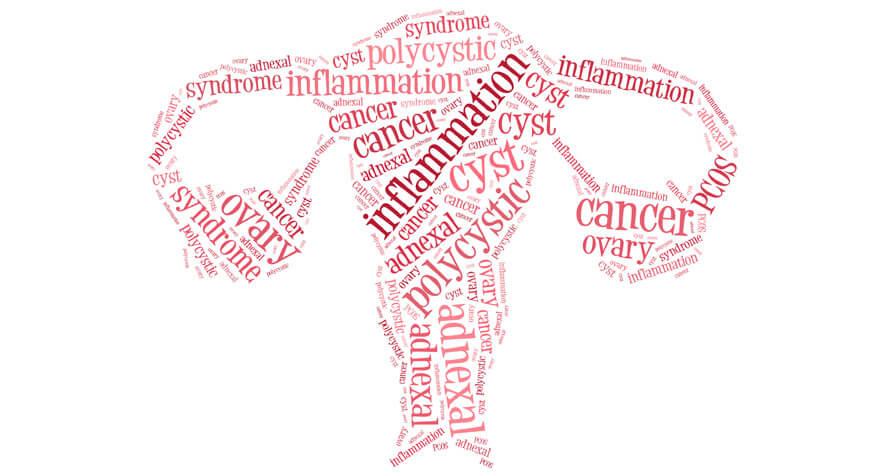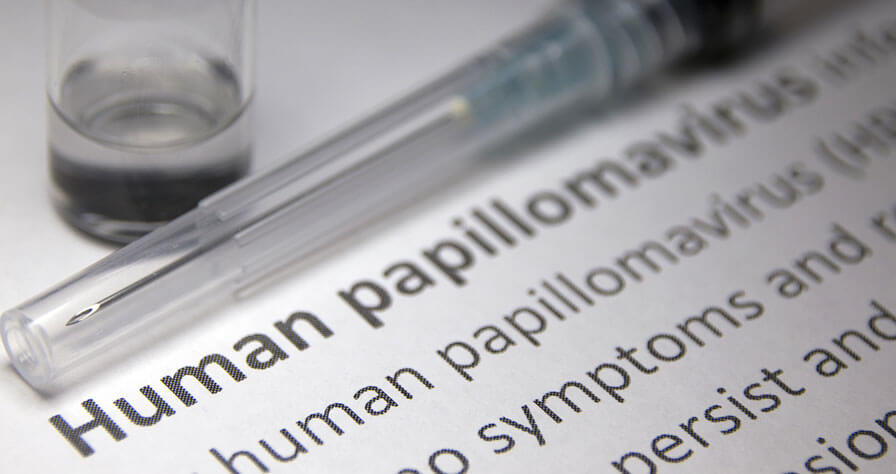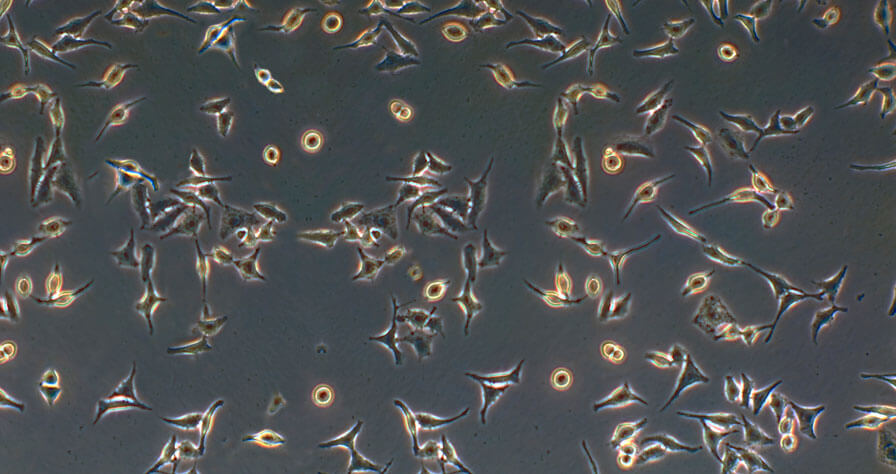10 Things You May Not Know About HPV

Human papillomavirus (HPV) is the most common sexually transmitted infection (STI) in the U.S. It’s particularly common in people in their teens and early 20s. HPV isn’t the same as the herpes virus (HSV) or the human immunodeficiency virus (HIV).
People can contract HPV through vaginal, anal, or oral sex. However, it’s most commonly contracted through vaginal or anal sex. And because there are often no visible signs or symptoms of HPV infection, the virus can be spread by someone who has it but doesn’t know they’re infected.
In most instances, HPV infections resolve on their own and don’t cause health problems. But if it doesn’t resolve, it can cause conditions like genital warts and cancer. Consequently, it’s important to understand what HPV is and how HPV can be prevented, or its effects minimized.
This article provides 10 facts that many people don’t know about HPV.
Your Health is Our Specialty
A woman’s body is capable of phenomenal things. But being a woman also comes with unique health challenges. At Baptist Health, we’re dedicated to providing women the services they need to protect their health, at every age and stage. Find a women’s care provider near you today.
Important Information About HPV
Protect yourself and your loved ones by knowing and sharing these important facts about HPV.
- HPV can cause several types of cancer in both females and males. This includes cervical cancer and cancer of the vagina, vulva, penis, and anus. It can also cause cancer in the tonsils, tongue, and back of the throat.
- Cancers caused by HPV can take years or decades to develop.
- HPV can cause genital warts. The types of HPV that cause warts aren’t the same as those that cause cancer.
- There’s no way to determine a person’s risk of developing cancer or other health problems from HPV. People with weakened immune systems may be less able to fight the virus and consequently more likely to develop subsequent health conditions after contracting HPV, but that’s just one potential factor.
- Getting vaccinated reduces a person’s risk of getting HPV. The CDC recommends vaccination for people starting around age 11 or 12, or as early as age 9. Also, anyone age 26 or younger who hasn’t been vaccinated should get the vaccine.
- If you are sexually active, being vaccinated is just one part of protecting yourself from HPV. It’s also vital to use safe sex practices. That includes using latex condoms every time you have sex. However, it’s important to know that HPV can infect areas not covered by a condom. You can also reduce your risk of infection by being in mutually monogamous relationships — meaning you and your partner only have sex with one another.
- Because HPV is so prevalent, women should get routine screening for cervical cancer between ages 21 and 65.
- HPV can be dormant for many years in someone who has it and may not produce symptoms even when it becomes an active infection. There is no test for determining a person’s HPV status.
- The CDC estimates that HPV is so common that nearly everyone who is sexually active will get the virus at some time in their life if they don’t get vaccinated.
- There is no treatment for HPV. There are treatments for the health conditions it causes, such as genital warts and cancer, but there is no guarantee that these treatments will be successful. For that reason, preventing HPV infection is crucial.
Get Vaccinated Against HPV and Talk with Your Doctor if You Have Questions
Avoiding contracting HPV and developing subsequent health issues starts with getting vaccinated and practicing safe sex. However, you should also feel comfortable talking with your doctor about your risk. This article is a helpful overview, but there’s more to learn about HPV.
If you develop genital warts or other conditions related to HPV, talk with your doctor. You’re not alone — these issues are common. And the sooner you take action to address them, the better your outcome will be.
Find a Baptist Health provider online and make an appointment today for your HPV vaccination.
Next Steps and Useful Resources:
Find a Provider Near You
5 Questions parents may have about the HPV vaccine
Preventing HPV
7 Women’s Health Screenings & Check Up Exams
[PODCAST] Ladies, Listen Up!



